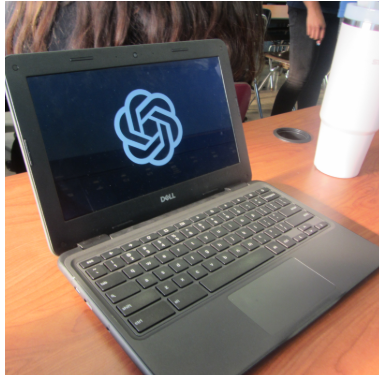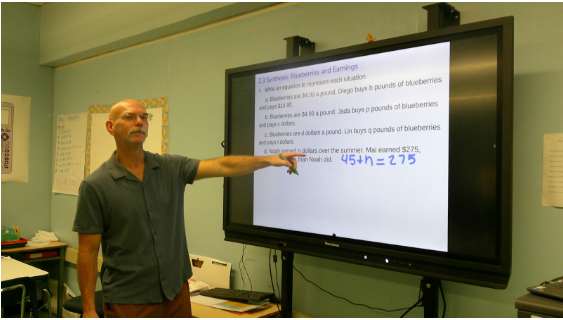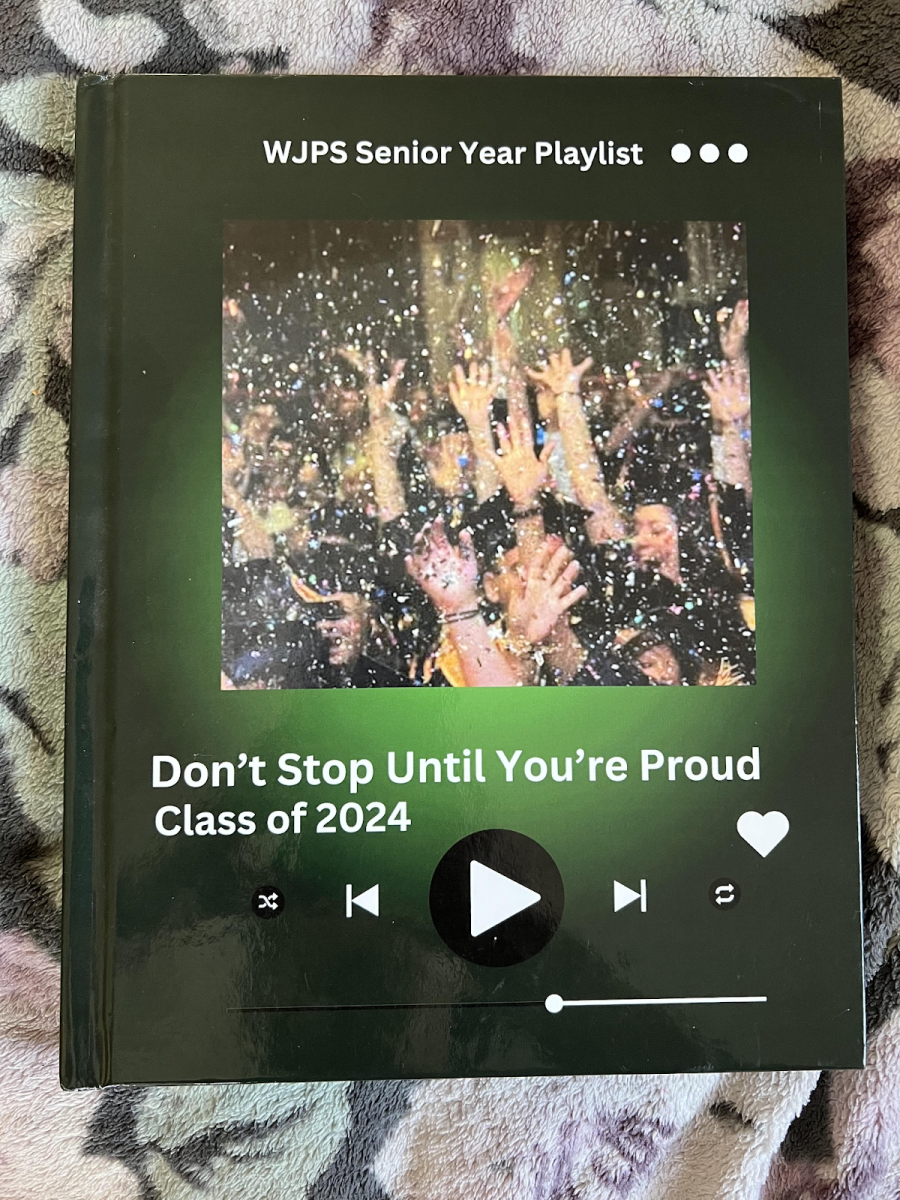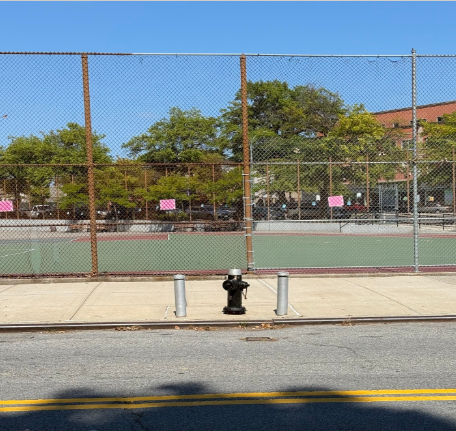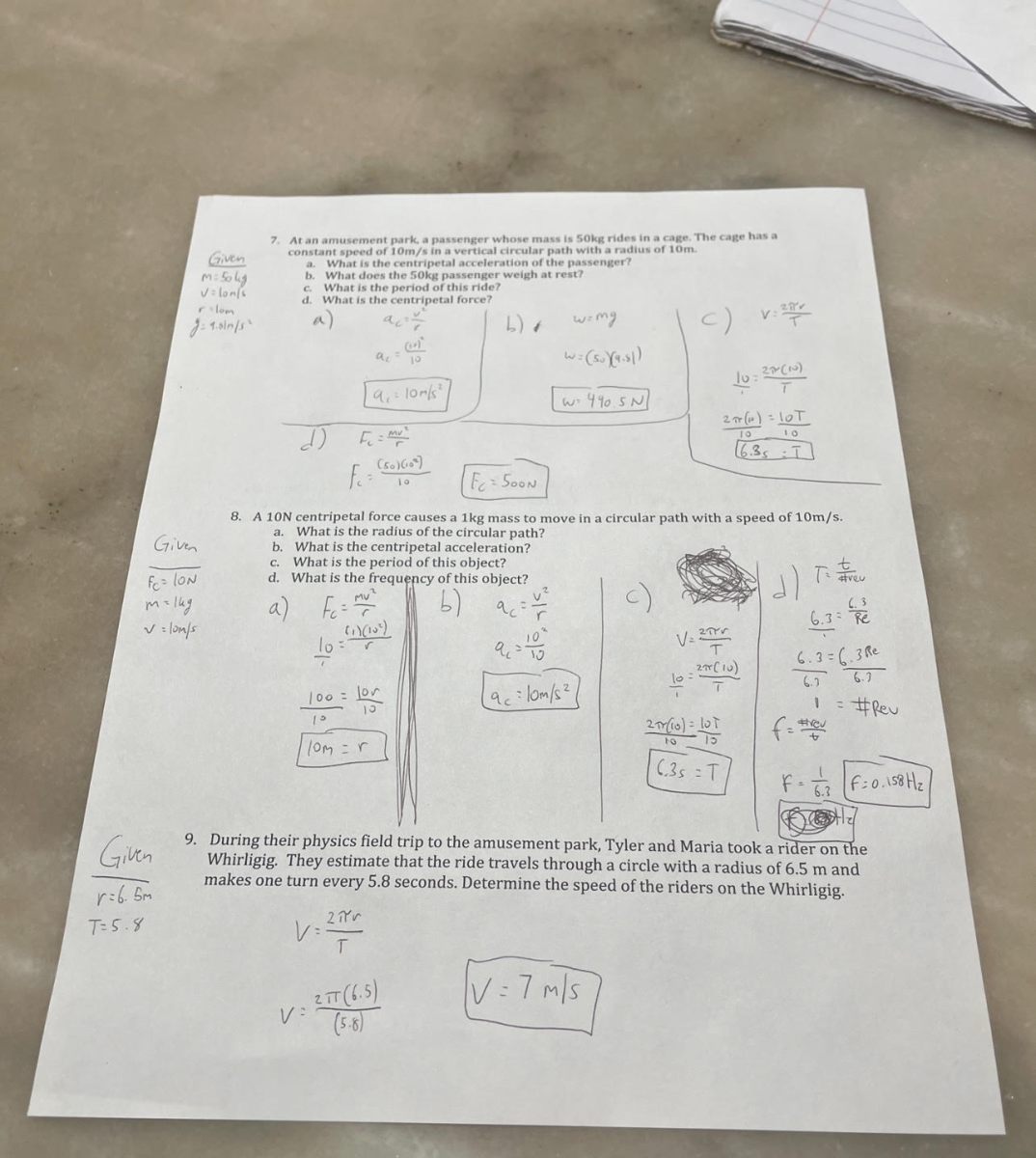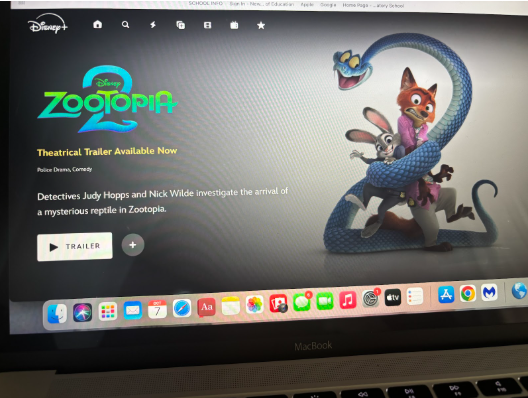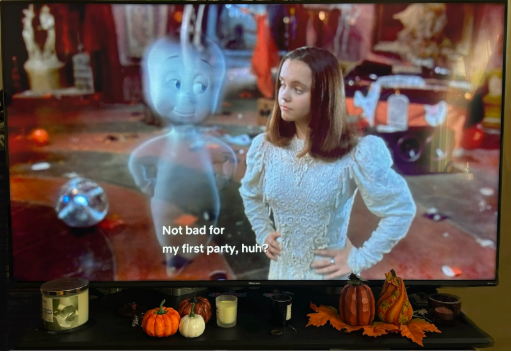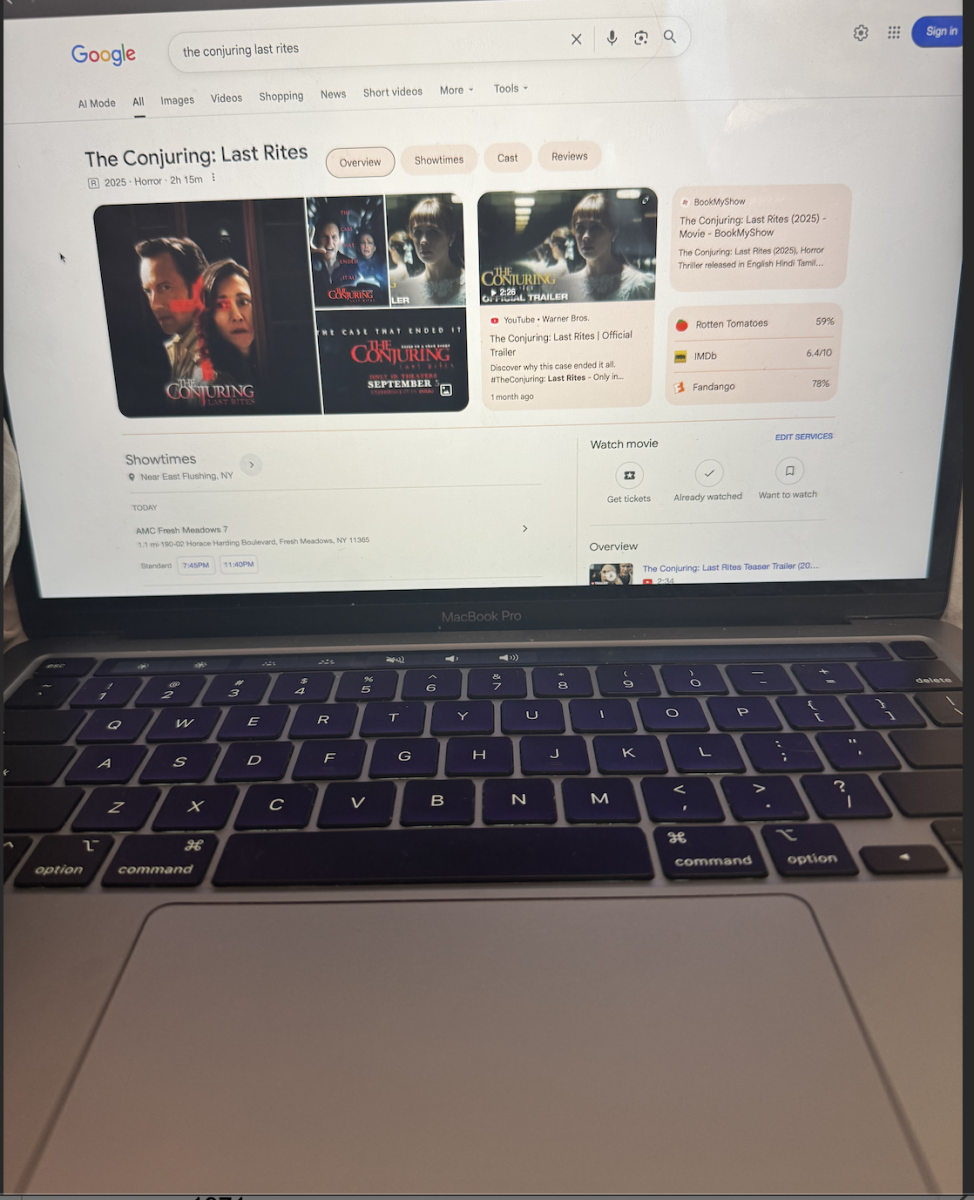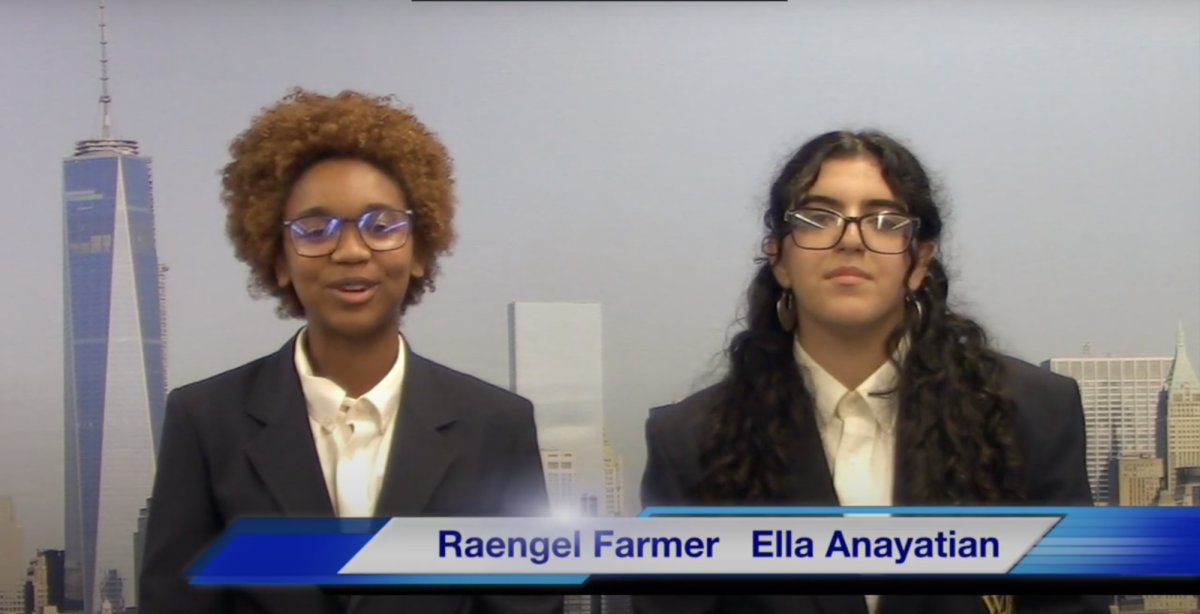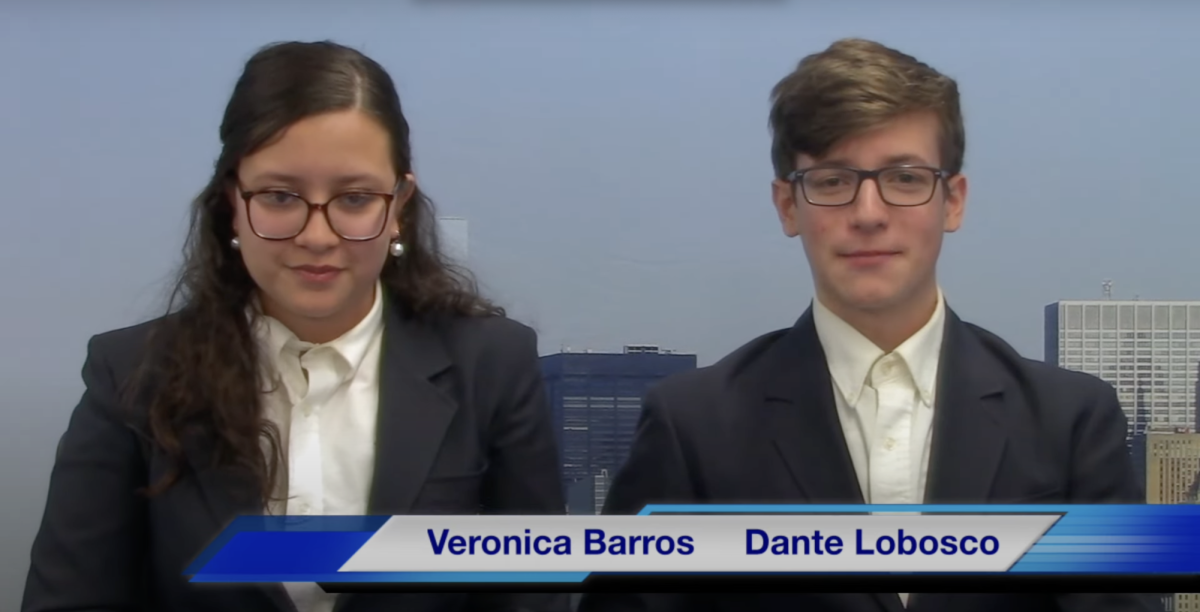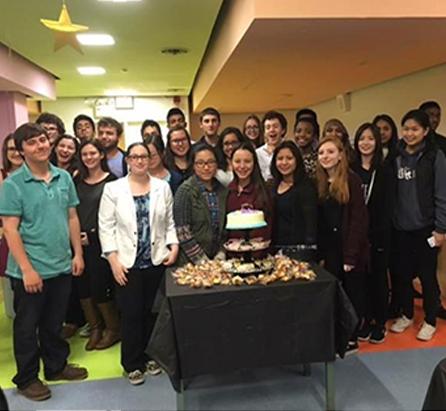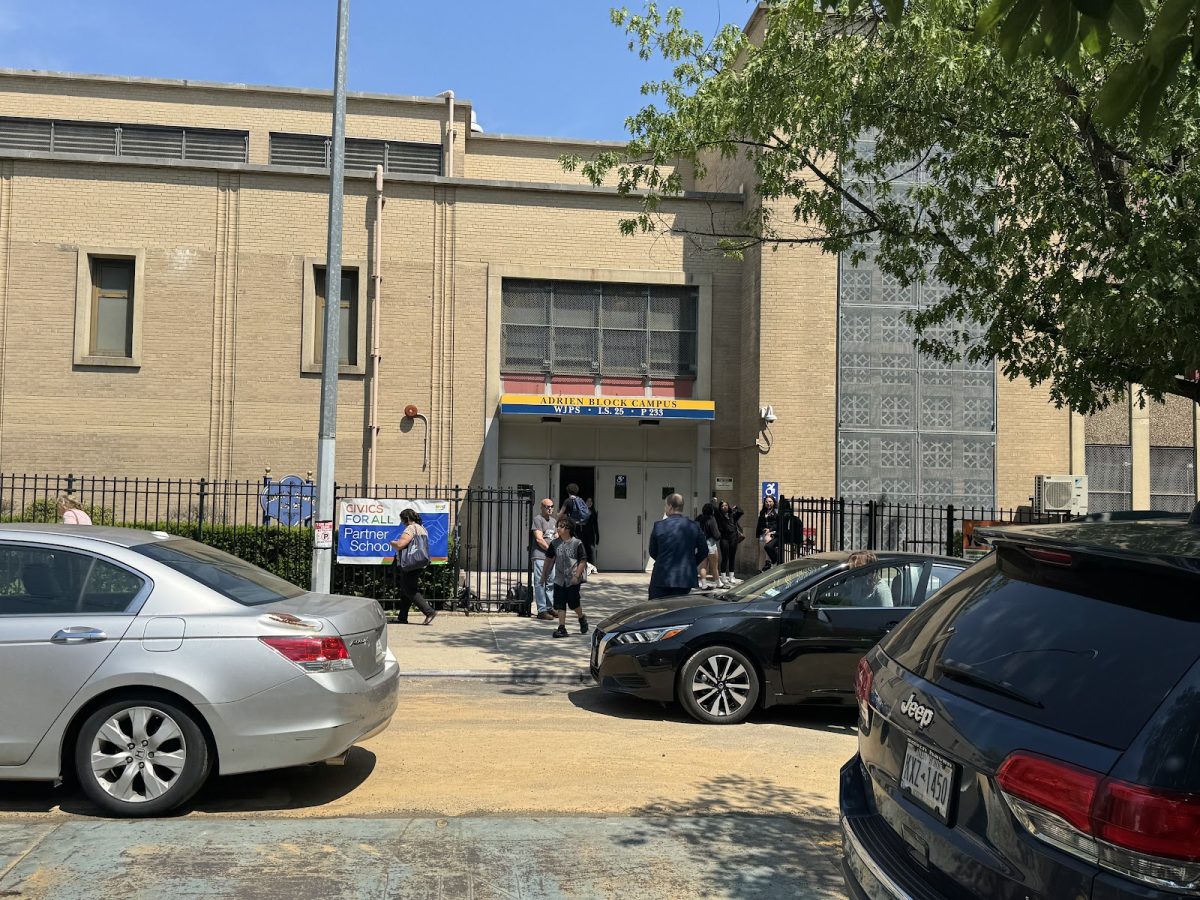
by Angela Lee, staff reporter
Knock-off versions of famous cereal brands and mushy green vegetables, half-emptied milk cartons and overly ripe fruits along with sandwiches that were taken apart, a singular bite taken in the middle of them, are just a few examples of what litter the floors and ends up in garbage cans after breakfast and lunch on a typical school day.
For hot lunch students, being served food that may be deemed “undesirable,” is something that happens five days a week for a whole school year, for the majority of their years until they reach college. As this student picks apart the food they do want from the food they don’t, absentmindedly talking to their friends, they eat the “good” food until it’s done, throwing out the rest in one of the many trash cans that line the cafeteria walls.
With variables such as allergies and food preferences in mind, it’s hard for schools to provide food that everyone will enjoy. No matter how “bad” the food seems in the eyes of the students, the school is required to serve it, knowing that most of it will end up as garbage.
Should schools be required to give students food they know they won’t eat, then? What’s the harm in the food they hand out, if even just a few students like whatever the food choice of the day is?
Lastly, should students have a voice in what they want to eat?
“Yes they should. For example, it doesn’t matter if kids won’t eat healthy food, it’s still a necessity, a mandatory option,” junior Amina Chowdhury said.
Schools should be required to give students food they won’t eat, even if most of it ends up in the trash.
While school lunch might seem unappealing to students, most of it is a variety of healthy options. Had the food choice been up to the students, there might be disagreements and arguments, but between the school staff and food available for the lunch ladies, there isn’t much they can do.
Laying out different trays with different foods, it is expected that one will choose whichever one they like best, and eat the majority of that.
Students voices matter, but in the real world, a person can’t always get what they want. Often they’d have to make compromises or choose the better deal, however, it might be a while before schools begin handing out pumpkin pie and scones along with the cooked vegetables, small hamburgers, and cheese sandwiches they already provide.
“No, schools should not be required to give students food they know they won’t eat because students should have a choice. If the cafeteria provides optional hot lunch and allows students to bring their own lunches, then the school would save money and food that can fund a greater cause,” junior Melanie Liapis said.
If most of the food schools provide is thrown in the trash after a 45 minute period, the piles of food adds up and can potentially become a big problem. Food waste in the United States alone is an issue we still face today, and by giving students food they won’t eat, the waste that builds up may one day become out of hand.
If schools weren’t required to give students food they knew they won’t eat, then the students themselves could bring lunches from home, and dispose of the minimal trash they have instead of half a tray of wasted cafeteria food. The trash, in comparison, would decrease if students ate the food they wanted to, instead of opting for food they don’t.
As a result, the lunch ladies will need to provide less food, which helps the school save money.
That saved money can fund future events or trips the school creates, making them bigger, better, brighter, and more educational.
The students will be happy with the food they brought from home that they will actually eat, and the school staff will be happy because of the abundance of money they will save from the optional school lunch they will encourage.
The school might be a brighter place if the students and staff worked together toward a goal where both sides are satisfied. Students should have an opinion, and they shouldn’t be forced to eat things they don’t like or simply can’t eat because they don’t like options that day.



